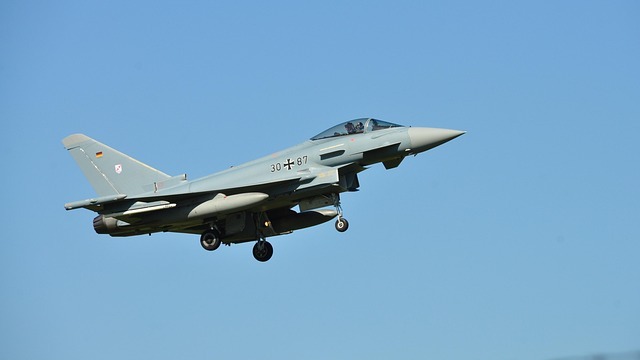
The Army's Strategic Move: Investing in Military Electronics with BAE Systems
In a significant step to strengthen military capabilities, the U.S. Army has recently awarded a $48 million contract to BAE Systems to advance military electronics. This decision not only underscores the Army's commitment to enhancing technology but also highlights the strategic importance of defense contracts in ensuring national security. With BAE Systems already a trusted partner in defense, this contract is expected to push the boundaries of military innovation.
Understanding the Implications of Defense Contracts
Defense contracts, like the one between the Army and BAE Systems, play a crucial role in maintaining and evolving military operations. Such agreements create jobs, foster technological advancements, and enhance the overall effectiveness of military missions. They allow defense contractors to develop cutting-edge technologies that strengthen national security and can also create ripple effects in civilian sectors through innovations and new technologies developed.
Community Connection: Supporting Veterans and Active Service Members
For active duty service members and their families, contracts like this embody much more than just numbers. They represent opportunities for career growth in sectors related to cybersecurity, engineering, and electronics. Military spouses often struggle with job transitions, yet the technological growth driven by these contracts can lead to more career opportunities, particularly in fields that value the skills developed during service. Additionally, veteran hero stories are often intertwined with advancements in military technology, emphasizing the importance of support systems for those who have served.
Future Insights: The Path of Military Technology Development
Looking ahead, the partnership with BAE Systems indicates a growing recognition of the vital role technology plays in modern warfare. The U.S. military is increasingly moving towards cutting-edge technologies, such as artificial intelligence and advanced surveillance systems. As these developments unfold, they promise not only to enhance military efficacy but also to influence career paths for veterans transitioning into civilian life. Understanding these trends can help veterans leverage their military experience in high-demand tech roles.
Challenges and Counterarguments Surrounding Defense Spending
While defense contracts lead to advancements, there are debates surrounding the scale of military spending. Critics argue that funds allocated to military contracts could be better spent on domestic issues such as healthcare, education, or veteran support. This conversation is vital as it reflects varying perspectives on how best to allocate national resources while maintaining safety and global standing. It also prompts a dialogue about the long-term impacts on both military families and civilian sectors, including the opportunities and challenges faced by military spouses.
Supporting Veterans: A Call to Action
As the military landscape evolves, so, too, do the opportunities for veterans. Whether through organizations that help with job placement or training programs for skills in demand, now is the time for military families to prioritize transitions post-service. We encourage military families to seek out resources and organizations like AristaHire that facilitate connections between military life and civilian careers. Let’s work together in honoring our service members by supporting their journeys, ensuring that their bravery and commitment don’t go unrecognized in the job market.
 Add Row
Add Row  Add
Add 




Write A Comment